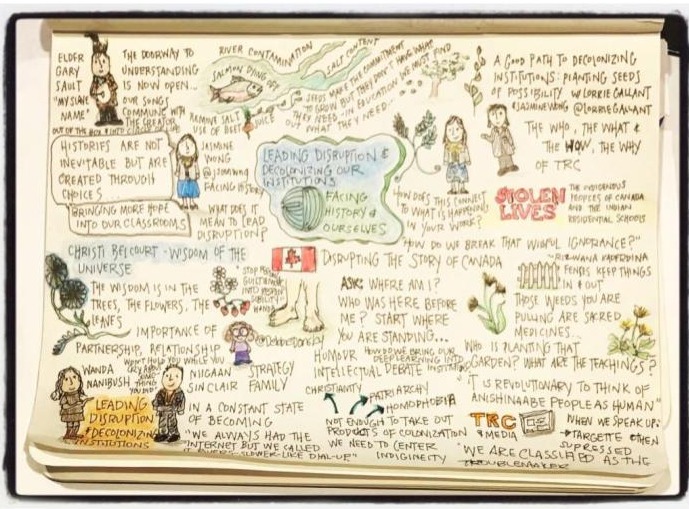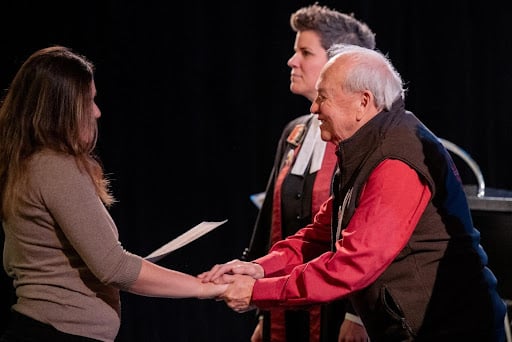
"As Rabbi Jonathan Sacks has written, there is a difference between history and memory: “History is information. Memory, by contrast, is part of identity… Memory is the past as present, as it lives on in me.” Survivors, witnesses, the descendants of those who lived through [histories], and all those who learn about [these histories] today face the question of how to remember the past and how that memory might shape our understanding of ourselves and our present world" (Holocaust and Human Behavior, Facing History and Ourselves, 2017. p. 598).
In his testimony sharing,teaching and life, residential school survivor, and self-described victor, Theodore Fontaine frequently explored how memory lives on in the present: His family’s love, the horrors of residential schooling, the joys of friendship, and the healing power of connection shaped and reshaped his life, his teachings and his works. In so sharing, those who listened became witnesses to his experiences, and many were transformed as a result.
The following interviews build on our event, Learning from Theodore Fontaine: A Call for Lasting Change, and draw on the voices of additional friends and colleagues whose life and work act as living examples of Theodore’s teachings, his legacy and calls to action. We hope that these interviews will prompt deeper learning from Theodore and inspire readers to consider how his testimony and legacies might shape our understanding of ourselves and the choices we make.
To watch his recorded testimony, please check out our blog, Honouring and Remembering Chief Theodore Niizhotay Fontaine.
As you read these interviews:
- What insights do you gain about Theodore’s legacy and his hopes for the future?
- What questions do the interview responses raise for you about yourself or the world around you?
- How do the responses extend or challenge your thinking about the possibilities for living with trauma, hope and healing?
- How are you reflecting on the possibilities for healing, hope and courage after trauma, as you read these reflections?
For Ted, real reconciliation came through everyday acts of generosity and kindness. Our breakfast meetings were often punctuated by Ted recognizing passers-by and stopping them for a quick hello and always a joke... He connected, related, and celebrated their shared existence, and thereby cultivated knowledge and nurtured learning..."
- Andrew Woolford
|
Read More
Topics:
Survivor Testimony,
Canada,
Residential Schools,
Canadian History,
Indigenous History,
Indigenous,
stolen lives,
student activism,
Action
This video is the first part in a four part webinar series featuring Jasmine Wong in conversation with Lorrie Gallant.
This series of blog posts explores stories and teachings that Lorrie Gallant shares about the purpose and importance of territorial acknowledgments and treaties. They are based on a recorded webinar from March 18 2020. Lorrie is a writer, illustrator, storyteller, visual artist, educator, Expressive Arts Practitioner, born and raised on Six Nations of the Grand River Territory in Ontario.
These posts and activities have been written for students to explore as part of a virtual learning community.
Read More
Topics:
Identity,
History,
Canadian History,
Indigenous History,
Indigenous,
Grade 10 History,
stolen lives,
Facing Canada,
land acknowledgements,
territorial acknowledgement
some words before the video
As your school commemorates Orange Shirt Day this year, we hope these 5 resources and teaching ideas will equip you to teach your students (and colleagues) about Canada's Residential Schools, and inspire and empower students to create a meaningful response.
Read More
Topics:
Choosing to Participate,
Teaching Resources,
Truth and Reconciliation,
classroom lesson,
Indigenous,
Lesson Ideas,
stolen lives,
Orange Shirt Day,
cross curricular teaching and learning
Facing History and Ourselves Canada will be running some amazing professional development seminars throughout Canada this summer. Below is the information for all of the upcoming seminars, as well as the link to find out even more information on each seminar.
Read More
Topics:
Professional Development,
Summer Seminar,
Holocaust and Human Behaviour,
stolen lives
This spring, Facing History and Ourselves, in partnership with the Azrieli Foundation Holocaust Survivors Memoir Program, invited 175 students from 6 schools to layer onto their learning about the history and legacies of the Holocaust, or of Canada's Residential Schools by reading Survivor memoir. Students read Theodore Fontaine’s Memoir Broken Circle: The Dark Legacy of Indian Residential Schools, or excerpts of Nate Leipciger’s Memoir The Weight of Freedom, then created pieces that reflected their understanding and responses to these testimonies, which were gifted to each Survivor.
Read More
Topics:
Toronto,
Holocaust,
Memoir,
Facing History and Ourselves,
Survivor Testimony,
Canada,
Residential Schools,
Canadian History,
Student Work,
project,
genocide,
Holocaust and Human Behaviour,
reflection,
Connected Learning,
Grade 10 History,
HSB,
CHC,
difficult conversations,
trc,
stolen lives,
facing history pedagogy,
Azrieli Foundation Memoirs,
Decolonizing Schools,
Holocaust History in Canada,
Facing Canada,
cross curricular teaching and learning,
collaborative inquiry
A Response to: Leading Disruption & Decolonizing Our Institutions: Facing History & Ourselves
Read More
Topics:
Truth and Reconciliation,
Indigenous History,
Culturally Responsive and Relevant Pedagogy,
Indigenous,
difficult conversations,
trc,
stolen lives,
settler eucators,
Treaty,
Sacred Circle Teachings,
Decolonizing Schools,
Facing Canada
Ever since attending my first Facing History and Ourselves workshop, I have looked for ways to incorporate Facing History pedagogy into my middle-years classroom. This year, I used the scope and sequence and pedagogical triangle to design the structure of my Grade 8 English Language Arts course.
Read More
Topics:
Strategies,
Book,
English,
stolen lives,
Reading List,
Decolonizing Schools,
Facing Canada,
cross curricular teaching and learning
When I moved away from being a classroom teacher to the role of Instructional Coach I knew my passion was in equity work. In Peel we have a five year School Success Plan with one branch of focus dedicated to equity and inclusion. Within the equity and inclusion branch of the plan there are four communities identified as a focus for teachers to gain additional knowledge about in order to better teach and support those students to learn and be successful in Peel schools. The four groups are: students who identify as a part of the LGBTQ+ community, First Nation, Metis and Inuit students, black male students, (this year the focus shifted to all black students) and students living in poverty.
Read More
Topics:
Teaching Strategies,
Teaching Resources,
Teachers,
Indigenous History,
Book,
difficult conversations,
stolen lives,
settler educators,
Black History,
Equity in Education,
Poverty
Join us as we have a conversation with Lorrie Gallant, the Education Program Coordinator for the Woodland Cultural Centre (formerly the Mohawk Institute Residential School) about how survivors experience Orange Shirt Day, and what true engagement on this day can look like from education and beyond.
This
interactive online video conversation is intended for Facing History and Ourselves educators to listen, to learn, and to share ideas and questions.
Date: Monday, Sep 24th.
Time: 3:30 - 4:15 PM EST
To join from your computer, tablet or phone, go to
https://facinghistory.zoom.us/j/668270809 (you will need to download a Zoom app or program so give yourself 2 minutes to do so)
Or Dial in by phone: +1 647 558 0588
Meeting ID: 668 270 809
No RSVP is required.
We hope you can all join us!
Read More
Topics:
Culturally Responsive and Relevant Pedagogy,
Community Event,
Grade 10 History,
CHC,
trc,
stolen lives,
settler educators,
Equity in Education,
Decolonizing Schools,
Orange Shirt Day


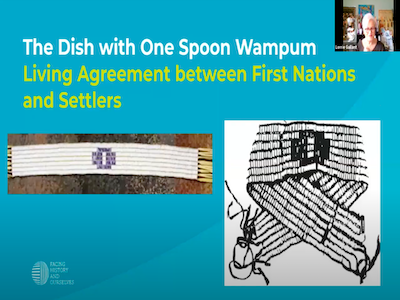
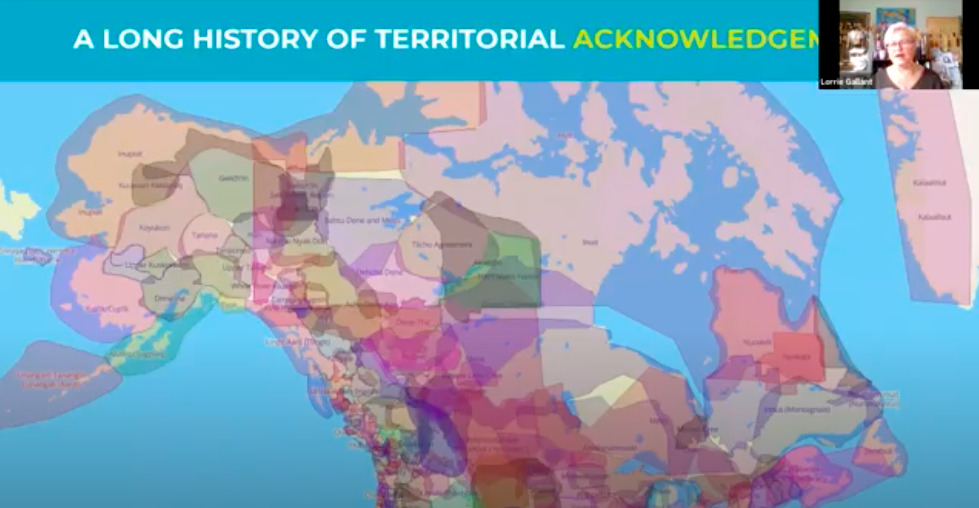
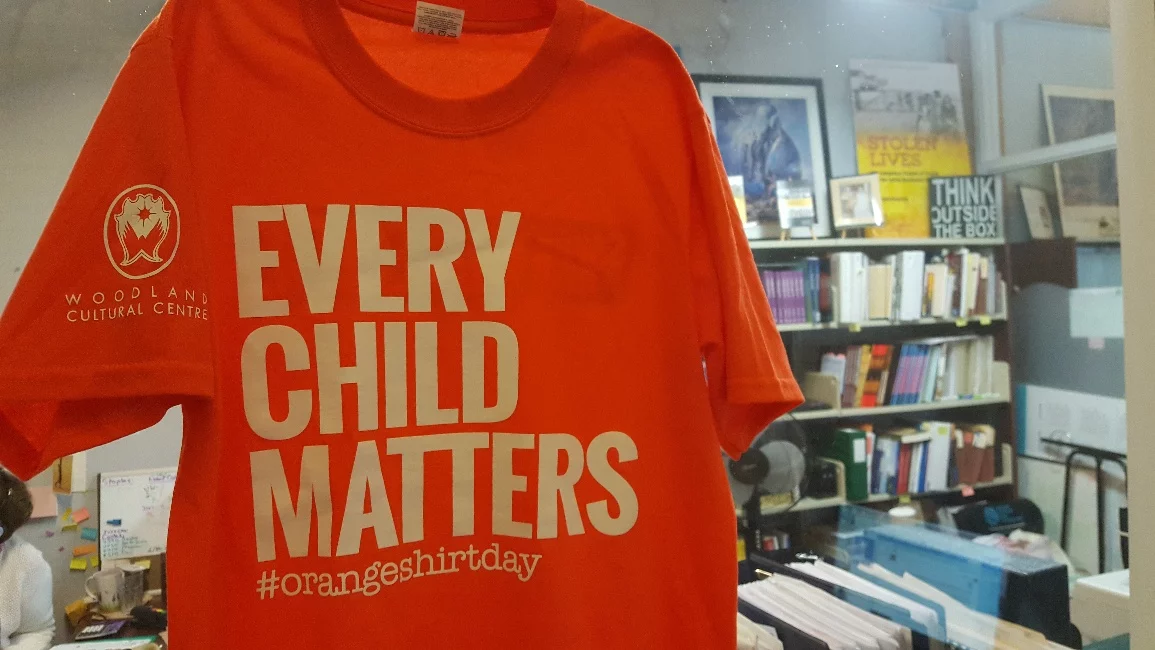
.jpeg)
.jpeg)
